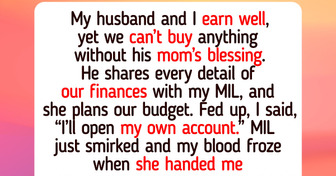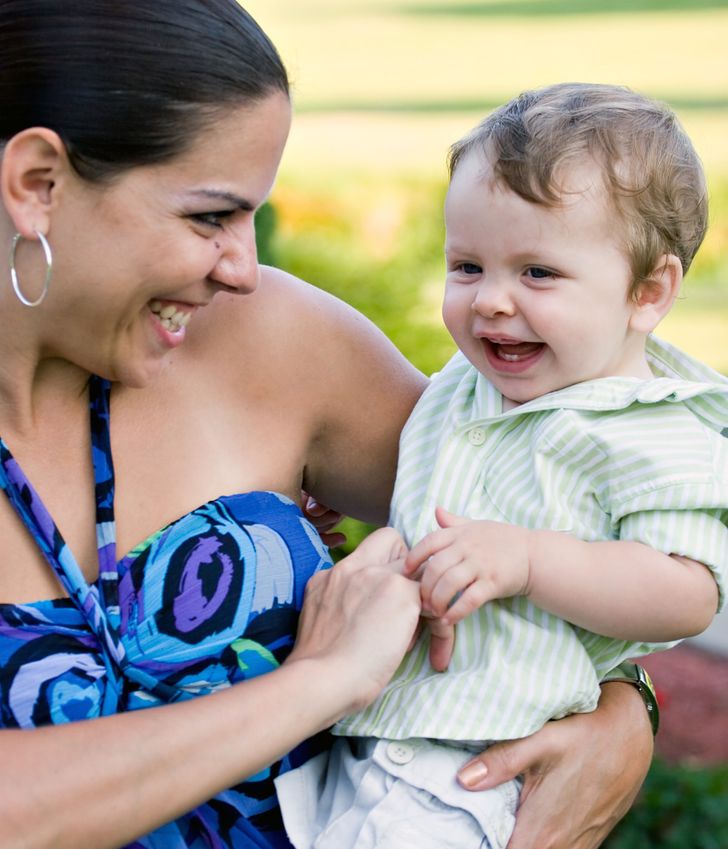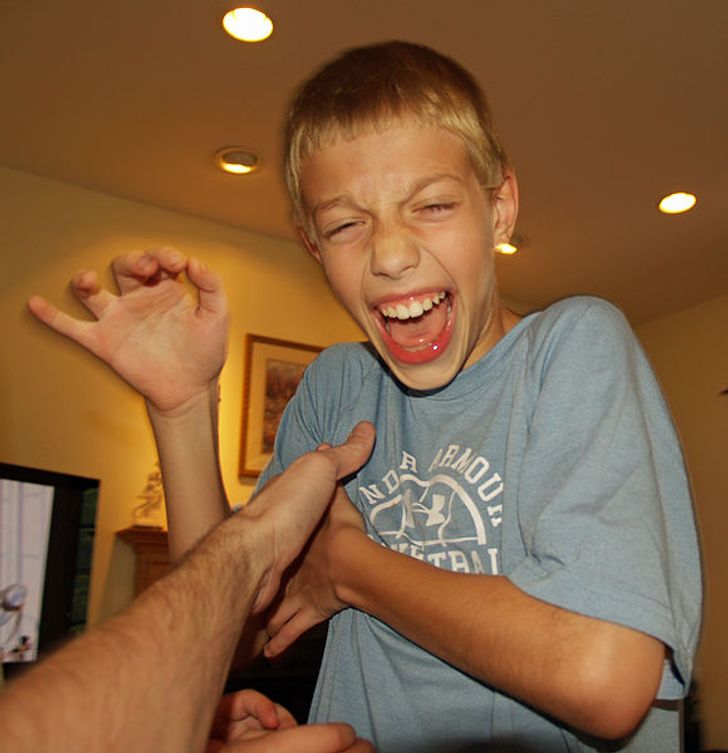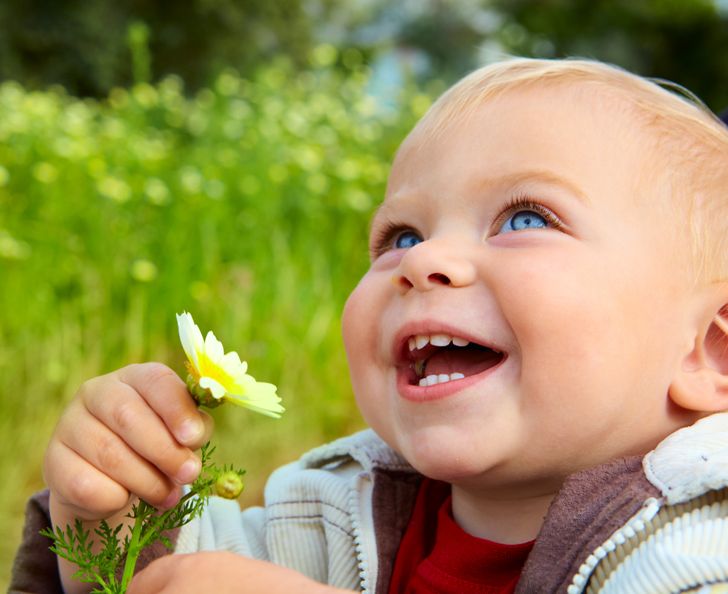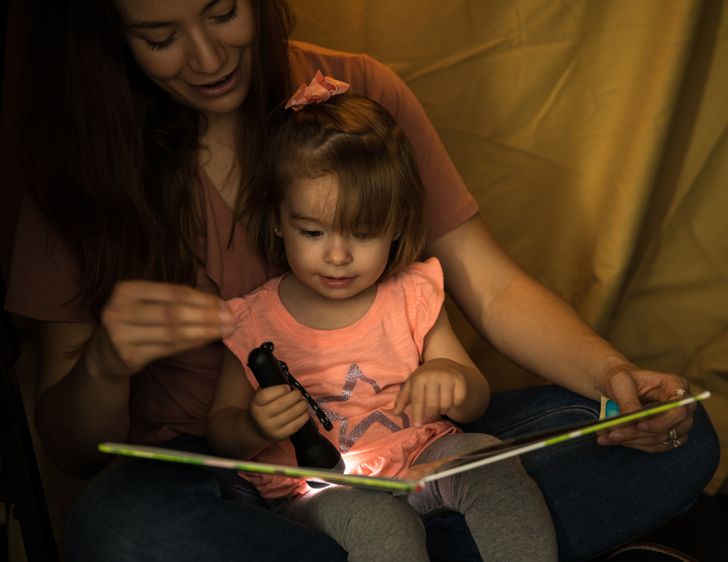I.am glad this research has been done. I always hated being tickled. It is definately a form of dominance and puts the ticklish person at a huge disadvantage. I always tried to avoid letting people know I was ticklish. There are people who take no notice of being tickled, it should be studied more. It can also be a form of bullying. I feel this aspect of being tickled should be spoken about more to put a stop to it. There isn't enough awareness of the effects of tickling and I think we should be very careful in relation to babies /children and tickling
Science Explains Why Tickling Kids Can Be Harmful, and It Turns Out We Don’t Know Enough About It
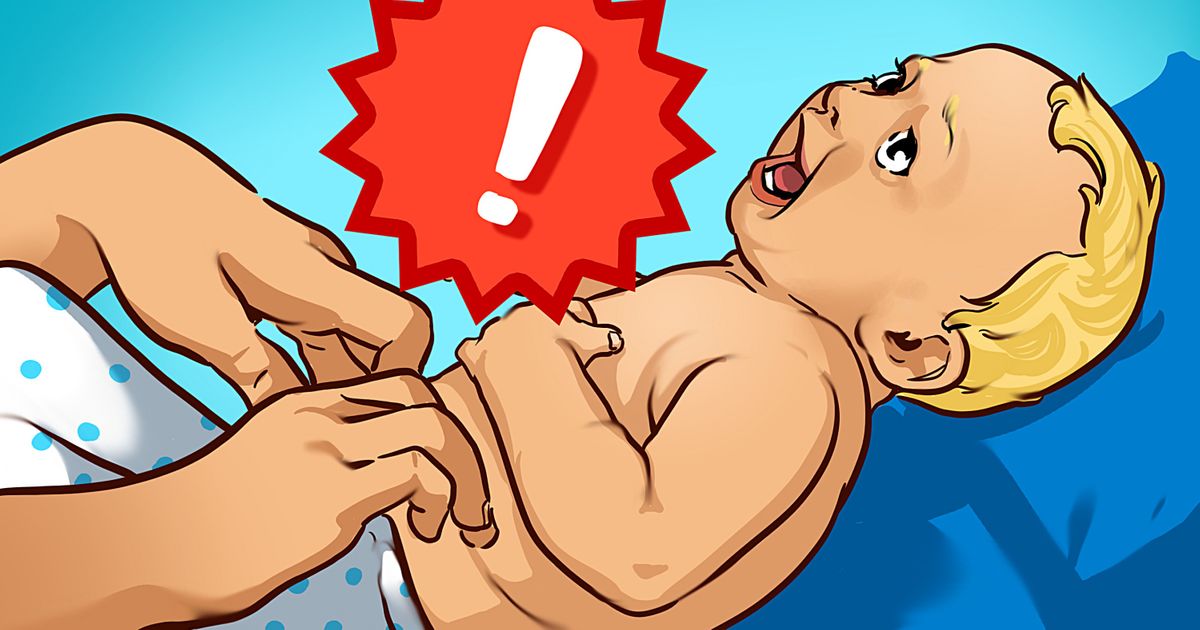
Tickling kids can be more harmful than good. While many among us would frown upon suggesting this, a study shows that only 32% of respondents reported enjoying being tickled, with 32% giving neutral responses, and 36% saying that they disliked it. We’ve all been tickled from time to time as children, so we assume it to be normal. But remember that back in those days, not wearing a seat belt also used to be normal!
Analyzing various research conducted on this topic, Bright Side wants to explain why you should skip tickling and find another way to have fun — perhaps sharing a joke or playing together is a better idea.
Just because a child is giggling doesn’t mean they’re enjoying being tickled.
Kids, especially ticklish ones, can’t stop laughing when being tickled, even if they absolutely hate it. This reflexive laughter gives parents the illusion that the child is actually enjoying it when they’re really not. In a study conducted at the University of California in 1997, scientists found that tickling doesn’t create the same happy feelings that are created when a person laughs at a funny joke. Tickling just creates an outward illusion that a person is laughing.
Tickling is a way to assert dominance.
A person being tickled loses self-control. The struggle to gain control can be humiliating for the child and can leave unpleasant memories for a lifetime. When adults tickle kids, they mostly mean to have fun, but that doesn’t mean the outcome won’t be harmful.
According to Dr. Richard Alexander, a professor of evolutionary biology at the University of Michigan, tickling can very well be a form of dominance, and the laughing that follows is an evolutionary way of showing submissiveness.
Tickling has been used to torture people for ages.
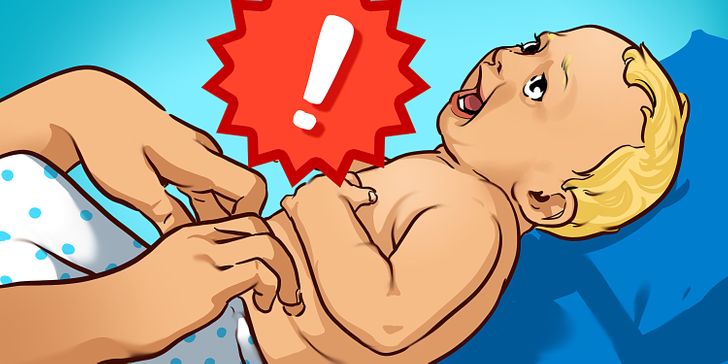
Tickling has long since been used as a way of torture. During the Han Dynasty in China, tickling was a way of torturing nobility as it left no marks and the victim could recover relatively easily and quickly. It was also popular in Japan where they even coined a special word for it: kusuguri-zeme, which means “merciless tickling”.
Vernon R. Wiehe from the University of Kentucky studied 150 adults who were abused by their siblings during childhood. Many of the study subjects reported tickling as a type of physical abuse. The study concluded that tickling can provoke extreme physiological reactions in the victim such as vomiting and loss of consciousness due to the inability to breathe.
The child may not be able to tell you to stop.
Tickling can cause fits of uncontrollable laughter that are hard to stop. Laughter caused by continuous tickling can reach a point where the person being tickled can no longer breath properly, nor can they say that they’re in a difficult situation. Something that started off as “fun” could cause serious medical complications. And why have fun tickling when there are so many better ways to have a good time together?
Tickling may cause lifelong trust issues.
According to Dr. Alexander, tickling someone against their will can actually cause “great mental pain.” Sometimes this pain can linger for a lifetime.
Patty Wipfler, a parenting expert and the founder and director of the Hand in Hand organization says that from her experience, tickling during childhood is a common cause for emotional challenges, even in adults. She writes, “In my many years of listening to adults talk about the emotional challenges of their lives as children, tickling comes up again and again as an experience that has been hurtful.” She says the trauma can lead to a situation where the person affected can’t relax when others are in close proximity to them, they feel insecure even while sleeping close to a trusted partner, and are internally on guard any time there’s more than casual touching between them and someone they love.
There are better ways to say, “I love you” to your baby.
Parents generally think that they know what’s good for their child, and from their experience, they feel that tickling is normal. However, given the various pitfalls of tickling and knowing the fact that there are better ways to bond, it’s better to avoid the tickling route. And if for some reason you wish to tickle, it is advisable to seek permission from the child. Parents should always ask before touching the child or making decisions that affect their body. What are some other ways to have fun and bond with a child? Well, a simple Google search will yield many answers.
What do you think about tickling? Did you enjoy it as a child? Let us have a conversation in the comment section below. And if you liked our analysis, share it with other parents as well.
Comments
In my 31 years, I have not been ticklish. My husband however is the most ticklish person I have met. He hates being tickled. I agree that it depends on the person. He said it wasn't traumatic but actually really annoying.
how did you feel
For some reason as a kid I LOVED being tickled. Seriously. Occasionally when I was a small child, my mom would give me the occasional tickle, but not hard or crazily and I was able to tell her to stop if I wanted to. Between the times I was about 5 and about 10 I really enjoyed being tickled. It always made me laugh and smile, and not just as a reaction, I was smiling on the inside too. One thing that I hated was if and when someone would tickle me in public. I always hated that because I was very ticklish and I felt like it was embarrassing me. I think you should wait to tickle your kids until they're old enough to say they don't like it, and tickle them and then stop and ask if they like it. If they don't it's best not to tickle them again.
wait why does everyone here hate being tickled,
Related Reads
12 Phrases That Can Be Harmful to Your Kid, and 12 Things to Say Instead
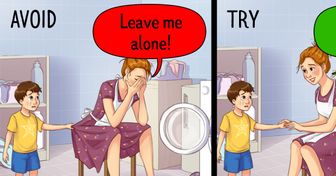
13 Phrases Parents Use That Can Push a Kid to Seek Therapy in the Future
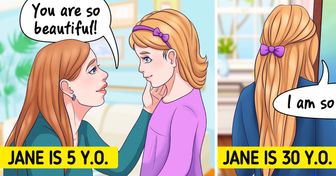
18 Pieces of Advice Worth Giving to a Kid Before They Grow Up
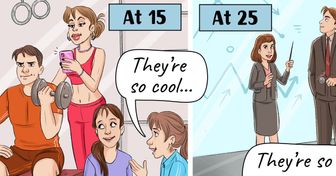
9 Outdated and Dangerous Ideas We’re Still Trying to Beat Into Our Children’s Heads
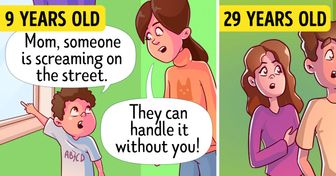
I Refused to Give Up My Baby, So My Mom Exposed a Terrible Secret
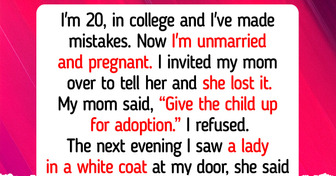
My Daughter Thought She Was Above Me, I Let Reality Prove Her Wrong
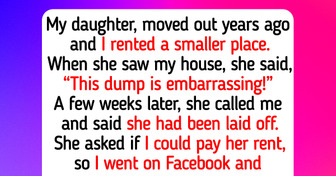
18 Seniors Whose Sharp Wit Proves Humor Only Gets Better With Age
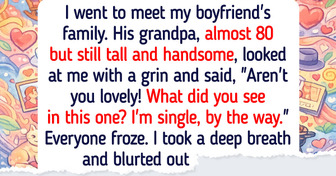
16 Moments That Remind Us to Stay Kind Even If the World Turns Ice Cold
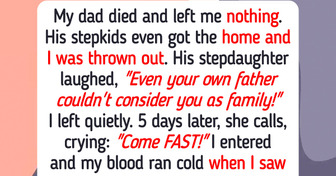
16 Stories That Prove Kindness Still Wins in Our Broken World
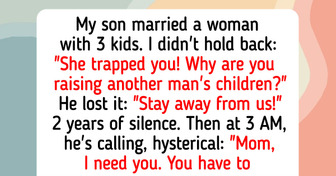
14 Times Reality Proved to Be a Better Screenwriter Than Hollywood Could Ever Be
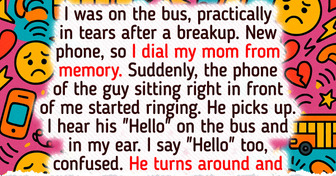
20 Stories That Remind Us to Stay Kind Even When Life Stops Playing Fair
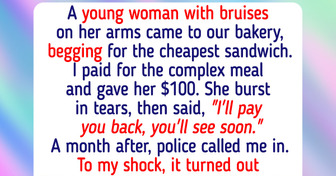
I Refused to Let My MIL Own My Family Budget, Now My Marriage Is on Thin Ice
